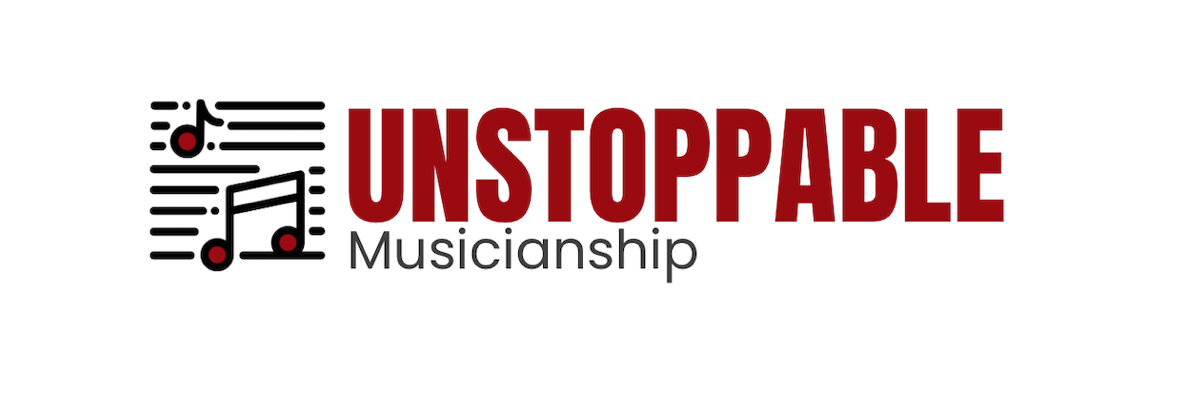Film Scoring
I took this course in spring 2022, first time ever. This class has been really helpful, answering questions like: how do you take some simple themes and expand them into a two hour movie? What kind of music do you want to write, knowing that there will likely be edits along the way? Below you will find our assignments, with Youtube links. What’s fun is comparing the original clips to the rescored assignments, keeping in mind that crafting a one minute assignment is very different from scoring a two hour film…
Rescoring the “Madeline” scene in Vertigo, where we meet the female lead in a restaurant. We were given the film clip along with background noise in the restaurant. The music is piano only. While we’re learning a lot of things related to Logic Pro, like how to mark frames to sync the music, lock the SMPTE position so the music doesn’t move, create tempo tracks, etc. so far this semester the focus has just been on composing, and not doing any of that other stuff.
Original film clip of Madeline in VertigoAdding background music to a NASA “Stormy Weather” documentary. With documentaries, people are watching because they want to learn something, so the music shouldn’t interfere with the narrator. Because this was NASA-related, I spent a day exploring all of the “celestial” and electronic sounds in Logic Pro.
Rescoring the Ratatouille “Ruining the Soup!” scene. This was an action scene, and a first attempt to “Mickey Mouse”, or sync the accompanying music with the film action.
Original film clip of “Ruining the Soup!”Rescoring the Matrix Neo vs. Morpheus dojo scene. Here, we removed the audio in several places and replaced it with only percussion instruments with undetermined pitches (so no xylophone or marimba, for example). Again, I spent an entire day going through the Logic Pro sampler to see what percussion options they had. I also started reading the book “How to Write for Percussion” which is extremely well written for composers planning to use percussionists. For example, the obvious composer approach would be to write for percussion instruments, but the author says we need to write for percussionists, not the instruments, since it’s the percussionist(s) who have to organize their instruments and play them. I used a gazillion different instruments in Logic, but in a live situation this wouldn’t be feasible.
Original film clip of Matrix Neo vs. MorpheusRescoring a clip from a LOST episode. The scenario is that we’re pinch-hitting on an episode for a series that already has an established vibe and fan base with expectations, so we want to listen to an originally scored episode and get a feel for what instruments they use, structure of the music, etc. so our work fits in smoothly.
Original film clip from LOSTCreating two etudes exploring something we hadn’t done yet as composers, relating to the topic of “world music”. The key wasn’t just to emulate the style, but try and do something above and beyond that style. Etude 1 is a first attempt after doing a little research on UK garage / dubstep (not particularly good but a useful exercise).
Etude 2 creates an alternate world / tribe / language. Etude 2 will be used as a launching point into exploring taking vocals as far as possible through collaboration. Here are the lyrics for Etude 2:
meya su na
de le miya
ami no si ta
ema de
ema ne ya
so no che
meya se no
te re domi a yi
una meyi una
